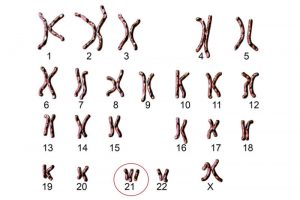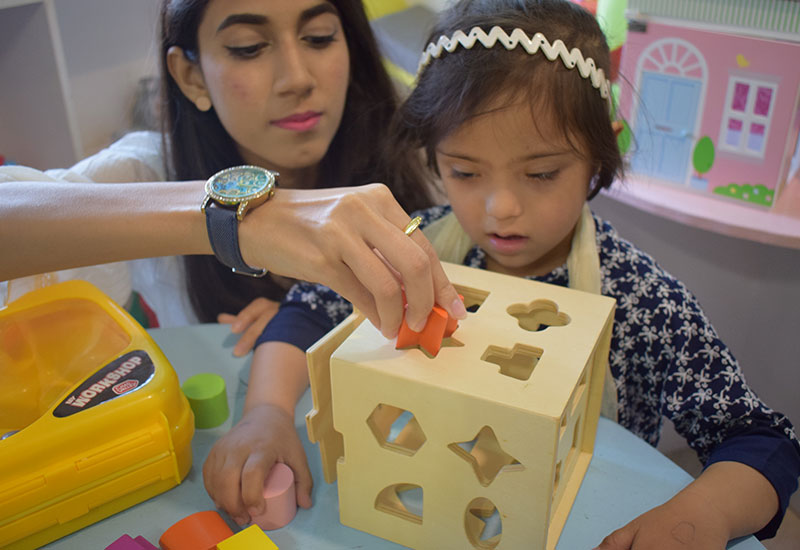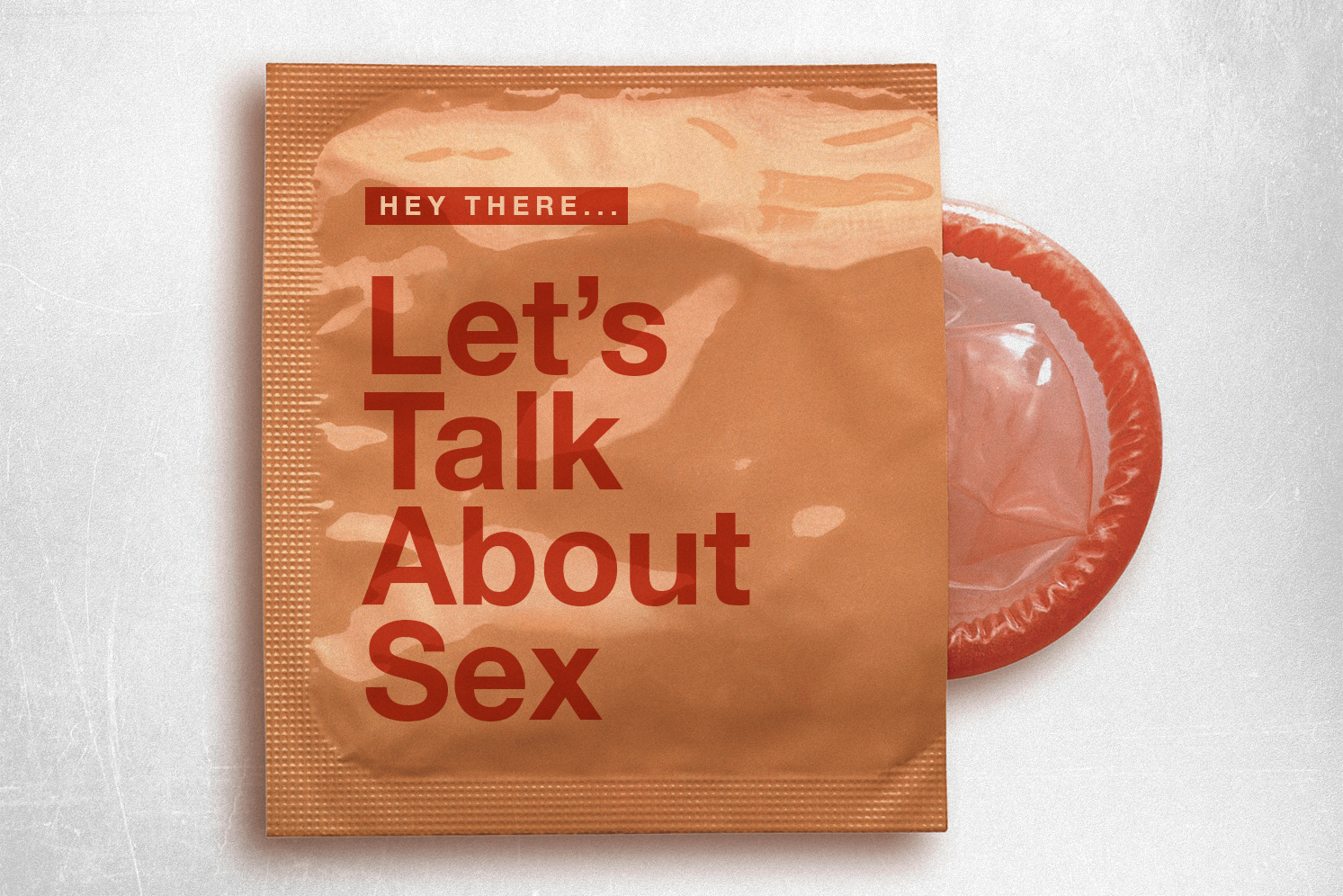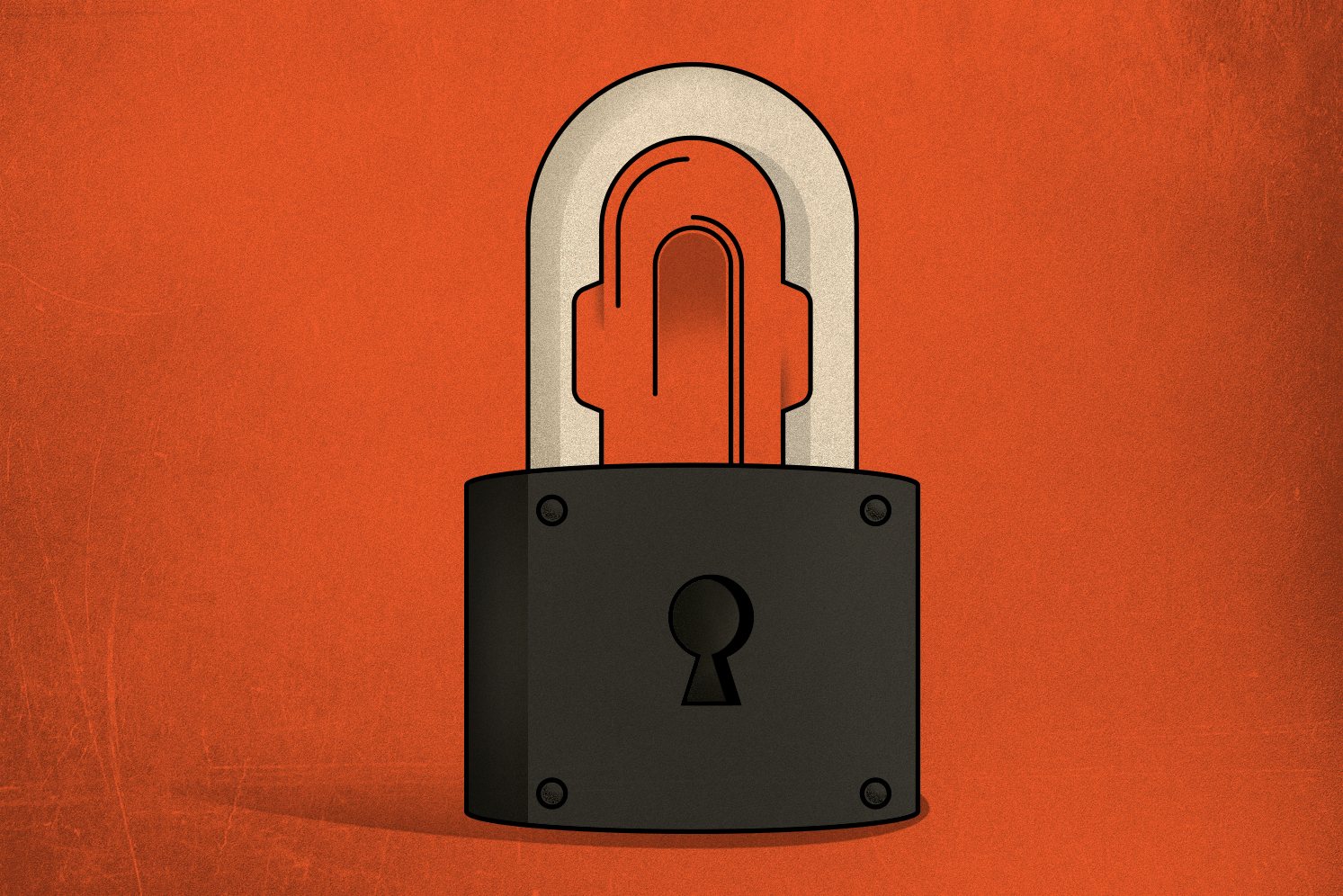KARACHI: “Normal” is a rather misplaced word in an environment that would not function without its life being individually different from one another. Most neurotypical individuals use the word ‘normal’ to highlight a more standardized version of identity. This identity might be shared among many for a number of its aspects, but it often becomes the only defining factor of what is acceptable and what is not. By doing this, it disallows any room of chance, any room of uniqueness, and any room for growth and acceptance. Breaking away from this mindset, Karachi Down Syndrome Program (KDSP), a center that aims to facilitate individuals with the genetic condition, has stood out with its initiatives in the past. And this year is no different as Down Syndrome Day 2021 is right here. Their objective has always been to shed light on the fact that these individuals are beautiful, capable, and in most ways much better than the supposed normal.
What is Down syndrome?
 According to KDSP, Down syndrome is a genetic condition that occurs when an individual has a full or partial, extra copy of chromosome 21. This additional genetic material alters the course of physical and intellectual development. A few of the common physical traits of Down syndrome are low muscle tone, small stature, an upward slant to the eyes, and a single deep crease across the center of the palm – although each person with Down syndrome is a unique individual and may possess these characteristics to different degrees, or not at all. Down syndrome can be found in people of all ages, races, and economic backgrounds.
According to KDSP, Down syndrome is a genetic condition that occurs when an individual has a full or partial, extra copy of chromosome 21. This additional genetic material alters the course of physical and intellectual development. A few of the common physical traits of Down syndrome are low muscle tone, small stature, an upward slant to the eyes, and a single deep crease across the center of the palm – although each person with Down syndrome is a unique individual and may possess these characteristics to different degrees, or not at all. Down syndrome can be found in people of all ages, races, and economic backgrounds.
View this post on Instagram
“There are certain limitations that accompany the condition. So we do have to ensure equity,” shares Sidra Zahid, Assistant Manager Awareness at KDSP. People become more focused on the symptoms than the diagnosis of the actual condition. We have set a playing field for everyone. Whoever does not fit in within that standardized playing field is seen as someone ‘foreign’. One cannot help but realize that the playing field is rather rigid. It disallows anyone for whom it might have to make an accommodation.
“We generally fear and reject things that we do not understand. It does not conform to what I know – we reject it. It requires some level of open-mindedness on our part to be willing to understand the differences,” explains Sidra.
View this post on Instagram
“That’s how society looks at it and we have generalized what normal means across the board,” states Cyra Khawar, who is also the Assistant Manager Awareness. “It is a subjective experience. Normal would mean different things for everyone. We need to stop creating more differences between normal and abnormal. We use the word ‘neurotypical’ to refer to a typically developing individual.”
Cyra explains how one major reason behind this is a lack of awareness. There are hardly even professionals who know enough. There have also been cases where the team had parents tell them how the doctors advised against spending any time and effort on children with Down syndrome. This is outrageous considering many of the individuals who have received counseling and help through KDSP have gone to their own businesses and become swimming coaches, pharmacists, etc. “Individuals with Down syndrome have underlying health conditions, so parents do have to do more to facilitate them,” adds Cyra. Other than that, individuals with this condition can also have varying degrees of hypotonia. In hypotonia, your muscles from head to toe can become loose and malleable. This might take the extra effort to accomplish a milestone physically. This is why children with Down syndrome might require more attention and time to reach the point where they can independently walk, in comparison with neurotypical individuals.”
While individuals with Down syndrome may be motivated, the others around them – specifically parents – can have a hard time because of a society that cannot recover from its ailment of unacceptance.
View this post on Instagram
However, with counseling and therapy (for both individuals and their parents), KDSP aims to curate a world with a better understanding of the condition. The center has been working towards empowering these individuals as well as spreading awareness around the fact that these individuals may appear different, but that does not make them any less. They are curators of their own lives’ story, the protagonists of a story that warms hearts and inspires everyone.
KDSP has put forward the many ways by which they, along with parents and individuals, can curate an atmosphere of healthy growth and learning. Some of them are:
Early Childhood Intervention
This includes speech-language therapy, occupational and physical therapy for children with Down Syndrome for them to achieve these developmental milestones in a timely manner so that they can quickly participate in their day-to-day activities.
View this post on Instagram
Education and Training
Inclusivity is not a mere word that has become fashionable. It is a full-fledged responsibility on anyone who is already included. KDSP has taken the responsibility to help individuals with Down syndrome get better access to mainstream education. The organization has also been helping schools foster a more inclusive attitude.
View this post on Instagram
Family Support
This includes equipping parents and caregivers of these individuals with the right amount of knowledge, financial and emotional support to help them with the upbringing of their loved ones.
Healthcare
The organization has access to some of the most leading outlets of healthcare, including The Aga Khan Hospital. This allows them to give access to subsidized costs of healthcare for the individuals.
Enrichment and Skills Development
In this department, the organization hosts vocational training and enrichment programs for individuals with Down syndrome in order to equip them with financial independence, along with physical, social, and intellectual development.
View this post on Instagram
Awareness
Through this program, KDSP has worked towards creating a healthier world for individuals with Down syndrome. Equipping these individuals may be extremely integral for their growth, but ensuring acceptance within the world these individuals will be sent out to has been rather difficult with the amount of rigidity we possess as a society.
While it may be a longshot to expect the entire world to suddenly be more accepting, one can and must strive towards equality for all. It might take us a while to get to the ideal we have set for ourselves, but the journey can be as accommodating of individuals with Down syndrome as for anyone else. Their inclusion will only make it better!













